The Future of Food…
OHBA’s last book club meeting was set to discuss Dan Barber’s book The Third Plate. This book explores the future of food and the significant impact chefs have on shaping that future. Barber divides the narrative into four distinct parts: Soil, Land, Sea, and Seed. In each section, he introduces us to pioneers who are redefining food sustainability.
In Soil, we meet Klaas Martens, a farmer in New York who transitioned from conventional to organic farming. His story highlights the importance of soil health and diverse crop rotations in sustainable agriculture. He addresses the idea that soil communicates with us clearly, and to be successful farmers and gardeners, we just have to learn to listen.
In Land, we meet Eduardo Sousa, a Spanish farmer known for producing ethical foie gras without force-feeding geese. His practices showcase a harmonious relationship between land and livestock, emphasizing animal welfare and environmental balance. We see that protecting the natural ecosystems of the land can result in success. The term “land” in Spanish is tierra, which means so much more than just land. It encompasses the soil, roots, water, air, sun, everything.
In Sea, we meet Miguel Medialdea, a fisherman from Spain who uses sustainable practices in aquaculture, and Angel Leon, an innovative chef that challenges that norm of cooking. Miguel’s work challenges traditional fishing methods, aiming to restore marine ecosystems and promote ocean health. Angel utilizes the fish that would otherwise be thrown away. The product that wouldn’t make the fishermen any money, but he purchases and creates a masterpiece.
And finally, in Seed, we meet Steve Jones, a wheat breeder from Washington State. He advocates for breeding grains that are not only resilient and flavorful but also beneficial to the environment, supporting a diverse and nutritious food supply. He stood up to Monsanto, despite the financial reward that would have come, because of his passion for wheat and wheat breeding. Jones defended the small scale wheat farmers, and was able to show us a different way forward.
Dan Barber tells the stories of these individuals, showcasing the innovative and sometimes long-standing techniques that have made their operations successful. They represent the future of food and provide valuable insights into the paths forward. Barber emphasizes a positive and hopeful outlook on food sustainability.
In contrast, Chef David Chang explores alternative visions in his documentary The Next Thing You’ll Eat. Chang delves into topics like lab-grown salmon, edible insects, and the impact of AI on our food system, presenting a more tech-driven and, at times, dystopian view of the future of food.
Barber and Chang offer two compelling but distinct narratives, urging us to think critically about what kind of food future we want to create.
Besides the issues raised by Barber and Chang, there's another critical concern looming over the future of our food system: the aging farmer population. According to data from 2022, the average age of a farmer in the United States is 58.1 years, a figure that has been steadily increasing over the decades. This trend poses a significant challenge as it indicates a looming generational gap in agriculture. As more farmers approach retirement, there is a growing concern about who will take over the responsibility of feeding the nation.
This issue is multifaceted, but it's about the transfer of knowledge, experience, and stewardship of the land. Older farmers carry a wealth of expertise in sustainable and traditional practices that could be lost if the next generation does not step up. There is also a risk of farmland consolidation into large, industrial operations as family farms struggle to find successors, which can have negative implications for biodiversity, soil health, and local economies.
To secure a sustainable food future, we need to invest in initiatives that support young and beginning farmers, provide better access to education and resources, and create pathways that make farming a more attractive and feasible career choice. Encouraging younger generations to step into agriculture is essential for maintaining food security, preserving the environment, and ensuring that diverse, regenerative farming practices continue to thrive.
Sarah Y.
